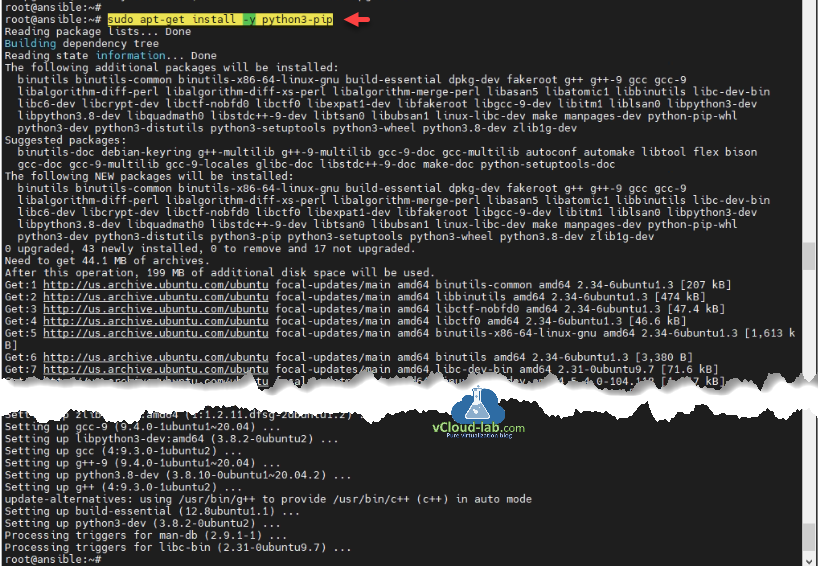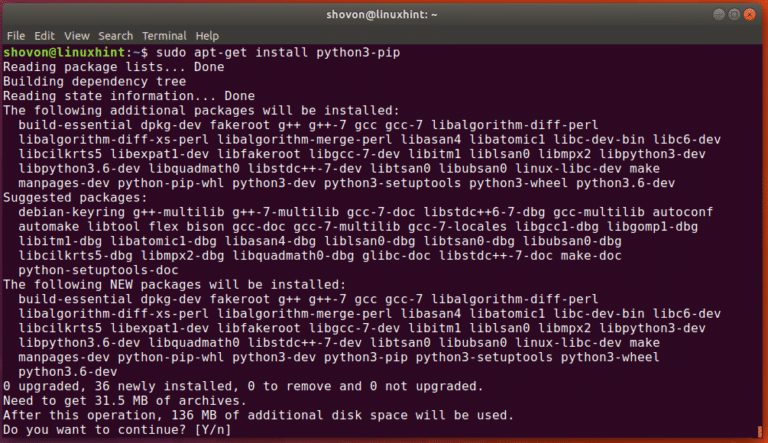
Requirement already satisfied: requests in /usr/lib/python3/dist-packages (from pymetasploit3) (2.22.0)īuilding wheels for collected packages: pymetasploit3īuilding wheel for pymetasploit3 (setup.py). Let’s assume that we want to install the pymetasploit3 package as below: $ pip3 install pymetasploit3ĭownloading pymetasploit3-1.0.2.tar.gz (18 kB)ĭownloading msgpack-1.0.0-cp38-cp38-manylinux1_x86_64.whl (303 kB) – To install the latest version of A Python package, you can use the install command. – To get the list of the installed packages, you can run the following command: $ pip3 list Towerlib (3.2.8) - A python library to interface with ansibleĪwxapis (0.6) - Helper module for utilizing Ansible Tower/AWX You can search for the packages using the search command as below: $ pip3 search awxĪwx-exporter (0.2) - cli tool to create a portable/workstationĬompatible version of awx/tower inventoriesĪnsible-tower-cli (3.3.9) - A CLI tool for Ansible Tower and AWX. Pip 20.0.2 from /usr/lib/python3/dist-packages/pip (python 3.8)Ġ3- To view the list of all Pip commands and options, type: $ pip3 -helpĢ./ How To use Pip on Ubuntu 1- How To Search Packages with Pip

1./ Install Pip on Ubuntu 20Ġ1- Open a command prompt and run the below command to install Pip: $ sudo apt install -y python3-pipĠ2- You can verify that Pip was installed correctly by entering the following command: $ pip3 -version

This tutorial will show how to install Pip and show you some basic commands like installing and upgrading Python packages on Ubuntu 20.04 LTS servers.

Pip is a package management system that simplifies installation and management of software packages written in Python such as those found in the Python Package Index (PyPI) Pip is one of the best tools to install and manage Python packages.


 0 kommentar(er)
0 kommentar(er)
